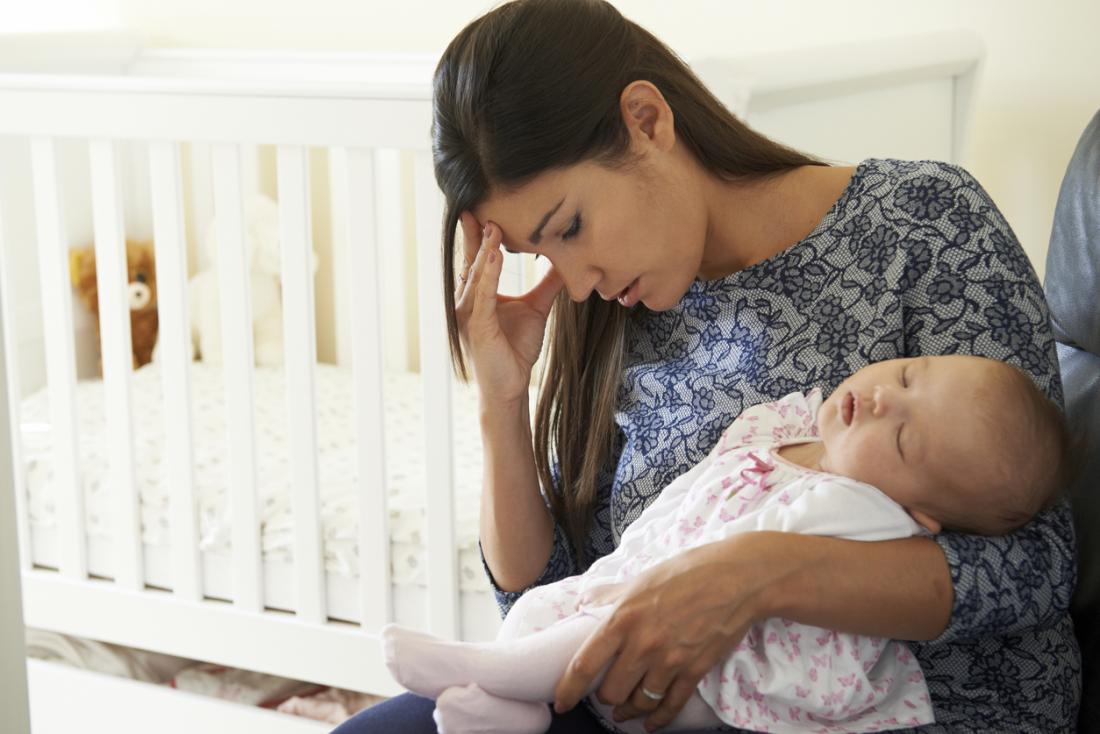Postpartum depression occurs after a woman gives birth to a child. Depression affects the emotional, social, and cognitive functioning of the individual. Medications and therapies are proven effective in treating postpartum depression. Partners and close family members should provide emotional, social, and financial support to the mother, as the care, love, and support can help them heal and face new challenges.
Symptoms of Postpartum Depression
The common postpartum depression symptoms are:
- Feeling Sad and Anxious: The mother experiences sadness and anxiety, which affects her overall functioning. Emotions affect sleep patterns. The mother either sleeps most of the day or cannot sleep at all, which worsens the anxiety and depression.
- Loss of Appetite: Women suffering from postpartum depression cannot maintain healthy dietary habits. The loss of appetite affects physical and mental health. Caregivers can notice that the mother refuses to eat and remains agitated.
- Sudden Mood Changes: Partners and family members notice a sudden change in mood. The mother remains frustrated, angry, and aggressive.
- Lack of Concentration: The patient cannot concentrate and suffers from short-term memory loss. The mother cannot maintain her and the child’s hygiene.
- Suicidal Ideation: The constant feeling of hopelessness, guilt, and worthlessness leads to suicidal thoughts.
- Physical Pain: The mother suffers from unexplained headaches and body aches, which affect overall functioning and increase frustration.
- Detachment from the Child: The mother feels guilty and unworthy of raising the child. Hence, the mother keeps herself physically and emotionally distant from the child.
Contributing Factors to Postpartum Depression
The environmental, emotional, and genetic factors lead to depression and may worsen without therapeutic intervention. The factors that affect the mental health of the mother, which leads to postpartum depression, include:

- Complications During Childbirth: The complications during childbirth can affect psychological and physical health and causes anxiety. The mother feels unprepared for the new challenges. The drop in the hormonal levels after birth can affect mood leading to depression and related complications. The mothers who remain anxious should prepare a birth plan to be mentally ready to face challenges.
- Family History: Women with a family history of PTSD, mood, and anxiety disorders are at a higher risk of suffering from postpartum depression. Therefore, pregnant women must seek professional help. Joining a support group helps the mother talk about her fear. The support enables the mother to remain positive and ready to start a new life with the child.
- Traumatic Events During Pregnancy: Undealt grief can affect mental health. The stressful and traumatic events during the pregnancy increase the risk of suffering from postpartum depression and related complications.
- Lack of Support: Raising a child can be challenging. Lack of financial and emotional support from loved ones can affect mental health. The responsibility of a newborn child can cause anxiety. The mothers feel unworthy and guilty for not providing enough for the child, which leads to postpartum depression. The postpartum depression signs become clearer after three weeks of birth. The caregivers should support to enhance mental health and reduce complications.
- Substance Abuse: Use of illicit drugs affects brain functioning. Women consuming drugs during pregnancy and after birth are at a higher risk of suffering from physical and mental health problems, including postpartum depression.




